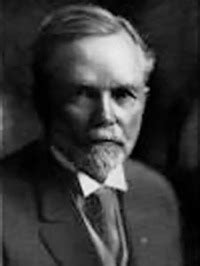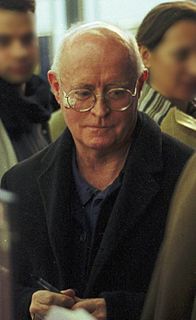A Quote by Carl Jung
Consciousness succumbs all too easily to unconscious influences, and these are often truer and wiser than our conscious thinking.
Quote Topics
Related Quotes
Evolution is fundamentally creative, and when we align ourselves with the evolutionary movements of consciousness, the universe itself puts wind in our sails. Quantum thinking goes beyond the thoughts we're aware of; it includes unconscious processing, which doesn't just expand our boundaries, but can also free us from the suffering that conscious processing (sometimes known as 'the monkey mind') creates.
The best indicator of your level of consciousness is how you deal with life's challenges when they come. Through those challenges, an already unconscious person tends to become more deeply unconscious, and a conscious person more intensely conscious. You can use a challenge to awaken you, or you can allow it to pull you into even deeper sleep. The dream of ordinary unconsciousness then turns into a nightmare.
Well I am certainly wiser than this man. It is only too likely that neither of us has any knowledge to boast of; but he thinks that he knows something which he does not know, whereas I am quite conscious of my ignorance. At any rate it seems that I am wiser than he is to this small extent, that I do not think that I know what I do not know.

































